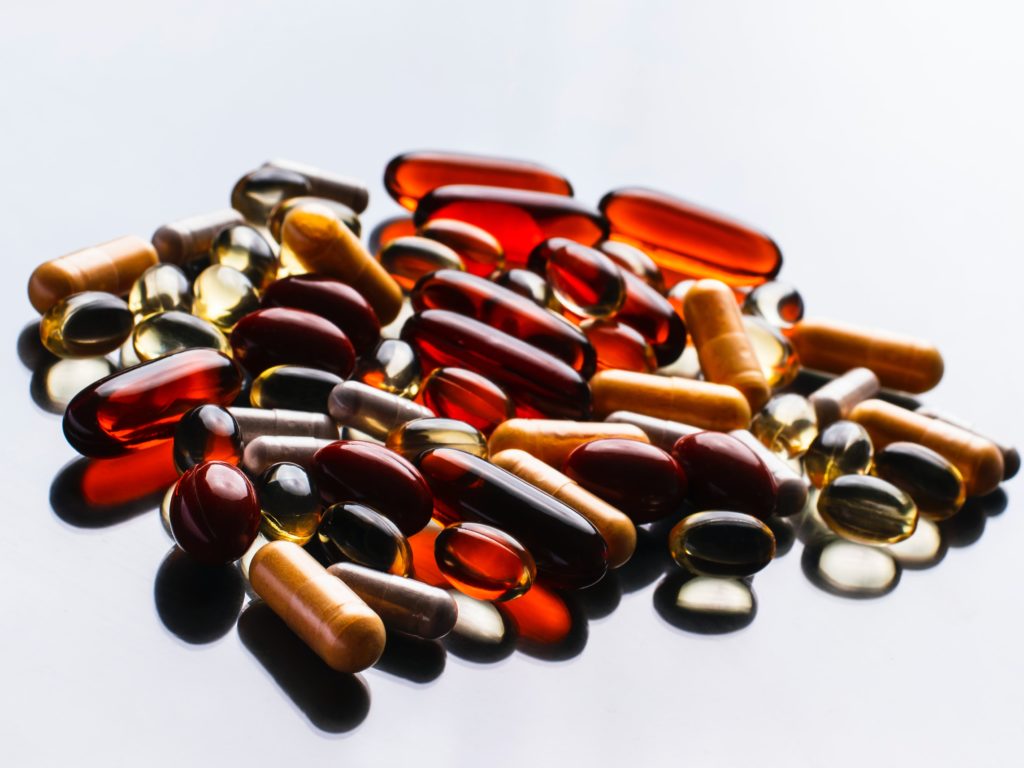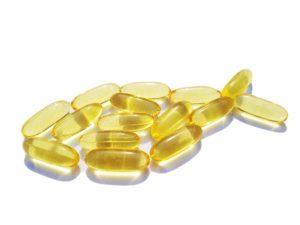Are Dietary Supplements Unregulated and Dangerous?

One of the most frequent complaints you hear about dietary supplements is that they are unregulated products. However, this statement is not true. The Food and Drug Administration has extensive regulations on the manufacturing, packaging, labeling, holding and sale of dietary supplements. These policies are called Current Good Manufacturing Practices (CGMP) and companies that are involved with dietary supplements are legally required to follow the guidelines.
What Is Required Under Current Regulations?
Written records of the manufacturing process, records for each batch, training documents for employees, calibration, maintenance, cleaning and sanitization records for equipment are all required. For the raw materials, there must be steps in place to establish consistency and purity of the initial ingredients. The final product also needs to be verified to establish that it contains the stated amounts of each constituent. If product complaints arise, a dedicated process must be followed that includes testing or analysis to ascertain if the product was at fault. Regulations for the cleanliness of the manufacturing facility and any distributors must also be observed.
When the current regulations are followed, supplements should be produced with a consistent purity from batch to batch. Unlike medications, nutritional supplements are not required to go through clinical trials for the treatment of any medical conditions. Yet as such, supplements can not make what are called structure/function claims. In other words, a supplement manufacturer can not claim that their supplement treats or cures any disease.
Regulations Versus Enforcement: Where Does the Main Problem Lie?
While supplements are regulated, the problem of unscrupulous supplement companies that are not following the rules is not insignificant. The biggest problem, in my opinion, is not that there aren’t enough regulations, it’s that there isn’t enough enforcement.
In the United States there are around 13,000 dietary supplement facilities that were officially registered with the FDA as of 2015. Yet only a small fraction are inspected on a yearly basis. For 2020, of the facilities that were inspected, 55% were cited for violating CGMP guidelines (NPI 2021). That’s over half, which is obviously concerning.
Of facilities receiving citations, the most common problems were not verifying the final composition of products and not verifying the initial ingredients. Since even natural ingredients can be harmful or toxic in large doses, ingredients and final concentrations need to be verified.
Unfortunately, based on current inspection levels, a company could be manufacturing noncompliant products for decades before receiving an initial inspection. Obviously, if you can make money without following the rules, then why follow the rules? More inspections are needed to police the nutritional supplement industry and enforce the current regulations. If manufacturers follow the CGMP regulations, products will invariably be safer.
Risks From Nutritional Supplements Versus Medications
Prescription drugs kill a lot of people. Estimates suggest that the third leading cause of death is prescription medications (Gotsche 2014). Half of those deaths are from the patients taking the drug as prescribed, while the other half are due to medical errors. This amounts to around 200,000 deaths per year from prescription medications.
Data on nutritional supplements is a little harder to come by, but by way of comparison, over a ten year period from 2004 to 20013, reports suggested nutritional supplements may have caused or contributed to 339 deaths (Timbo 2018). This works out to 34 deaths per year. The majority of these deaths were related to products for weight loss, energy, muscle building and sexual function. And these categories of products are well-known to be adulterated with illegal ingredients or pharmaceuticals to “enhance” their potency. If current regulations were better enforced, it is likely that the majority of these deaths would be prevented. Under the current guidelines, adulterated ingredients are not allowed in nutritional supplements.
While I do not want to minimize any deaths from nutritional supplements, regulating them the same as drugs is likely a significant overreach. The drug approval process costs millions of dollars and drug products receive patent protections. Supplements are non-patentable. As such, most companies couldn’t afford to pay for clinical trials.
Conclusion
Dietary supplements are regulated by the FDA. However, these regulations need to be enforced appropriately to ensure safety. Under the current system of regulations—a system that includes poor levels of enforcement—supplements are still much safer than prescription medications. If consumers avoid products known to be commonly adulterated, like weight-loss, energy-enhancing, body-building and sexual-performance-enhancing products, safety would also be increased.
While I’m not opposed to regulations to ensure safety, holding nutritional supplements to additional regulations equivalent to those for prescription drugs is likely excessive. Finding a middle ground that ensures the elimination of adulterated products and helps to enforce the current standards for consistency and purity would be a reasonable compromise.



